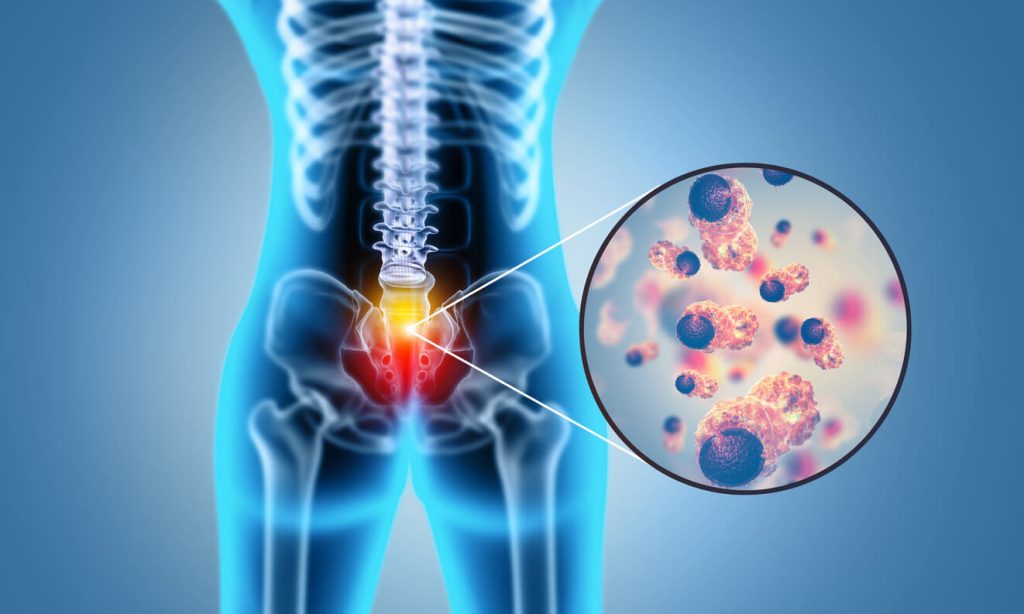Orthopedic Surgeon for Degenerative Conditions plays a crucial role in managing chronic joint and bone issues. Understanding what to expect from your consultation and treatment can help you navigate the journey toward improved mobility and reduced pain.
What are Degenerative Conditions?
Degenerative conditions are characterized by the gradual deterioration of joint and bone structures over time. Common examples include osteoarthritis, degenerative disc disease, and osteoporosis.
Importance of Consulting an Orthopedic Surgeon
An orthopedic surgeon specializes in diagnosing and treating musculoskeletal conditions, including degenerative diseases. They provide comprehensive care, from diagnosis to surgical and non-surgical treatments, tailored to the patient’s needs.
When to See an Orthopedic Surgeon for Degenerative Conditions
If you experience chronic pain, stiffness, or reduced mobility that affects your daily activities, it may be time to consult an orthopedic surgeon. Early diagnosis and intervention can prevent further deterioration and improve your quality of life. For more information, check out conditions treated by orthopedic surgeons.
The Consultation Process
During your first visit, the orthopedic surgeon will take a detailed medical history and conduct a physical examination. They may also request imaging tests such as X-rays, MRI, or CT scans to assess the extent of the degeneration. Based on the findings, they will develop a personalized treatment plan.
Treatment Options for Degenerative Conditions
Treating degenerative conditions involves a range of non-surgical and surgical options. Dr. Vatsal Khetan’s expertise in treating these conditions can guide you through the following treatments:
Non-Surgical Treatments
- Physical Therapy: Strengthening the muscles around the joints to improve stability and function.
- Medication: Anti-inflammatory drugs and pain relievers to reduce symptoms.
- Injections: Corticosteroids or hyaluronic acid to reduce inflammation and pain.
- Assistive Devices: Braces, walkers, or canes to support the joints and improve mobility.
Surgical Treatments
- Arthroscopy: Minimally invasive surgery to repair damaged joints. Learn more about arthroscopic surgeries.
- Joint Replacement: Replacing a damaged joint with an artificial one. For more details, visit knee joint preservation.
- Spinal Fusion: Fusing two or more vertebrae to stabilize the spine and reduce pain.
Recovery and Rehabilitation
Recovery from surgery varies depending on the type and extent of the procedure. Physical therapy is essential to restore strength and mobility. Dr. Vatsal Khetan’s guidance on sports medicine can help you navigate the recovery process.
Long-Term Outcomes
With appropriate treatment and rehabilitation, most patients can achieve significant improvement in joint function and pain relief. For tips on managing chronic pain, explore advanced chronic pain management.
Connect with Us
Follow us on social media for the latest updates:
Contact Information
Name: Dr. Vatsal Khetan Address: SK Pandey Complex, Betiahata Rd, beside Union Bank, Betiahata, Gorakhpur, Uttar Pradesh 273001 Phone: +91-9662 365 917

